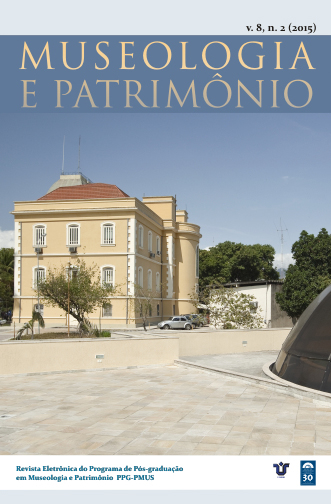Historic instruments for the teaching of Physics: a chronology of the situation in Argentina
Palavras-chave:
, Scientific heritage. Scientific education. Didactic instruments. Science museums. Learning.Resumo
The incorporation of scientific disciplines in Latin American educational curricula, especially in the experimental sciences, has been deeply influenced by the acquisition and use of scientific instruments. In particular the instruments destined to the teaching of physics have been key in the efforts aimed at teaching physics in a way different from that imposed by Catholic authorities, who were in charge of the education during the colonial period in the New World. Until middle 19th century, physics was thought only as a speculative science and considered as a part of philosophy. Later, it was included as a preparatory study to enter university courses, and at the turn of 20th century it was also oriented to form a critical mass of young students required to carry out scientific research. It is the aim of this paper to report such process in Argentina and to describe the context of each one of the main educational institutes where physics was taught. The background investigation for this chronology was oriented to find out what instruments were bought, as well as when and for what purposes they were purchased. The present review is based on written historical records regarding the early didactic scientific instruments used in the country and refers, in particular, to the collection belonging to the Physics Museum of La Plata National UniversityDownloads
Não há dados estatísticos.
Downloads
Publicado
2015-07-14
Como Citar
von Reichenbach, M. C. (2015). Historic instruments for the teaching of Physics: a chronology of the situation in Argentina. Museologia E Patrimônio, 8(2), 123–142. Recuperado de http://novarevista.mast.br/index.php/ppgpmus/article/view/431
Edição
Seção
Artigos/Articles
Licença
Declaro que o trabalho de minha autoria enviado à revista Museologia e Patrimônio respeita a legislação vigente sobre direitos autorais, arcando com toda responsabilidade quanto ao descumprimento da referida lei.
E autorizo a publicação de meu trabalho, acatando as políticas e normas editoriais da revista Museologia e Patrimônio .

